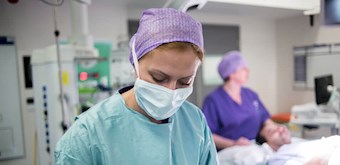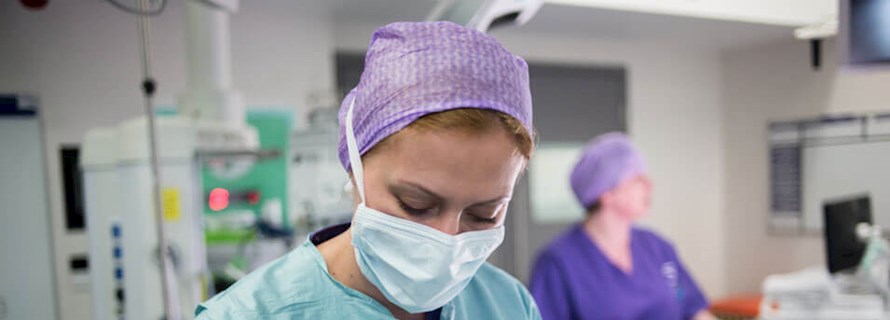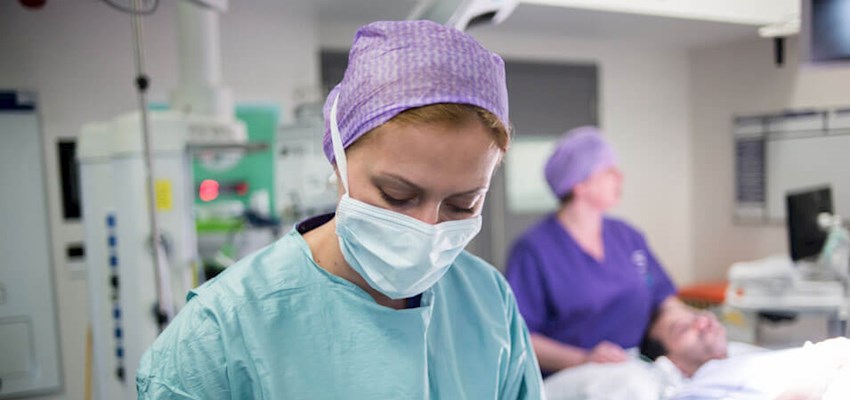Paediatric hernias
Hernias in children
HCA UK's experts can help to diagnose and treat a range of hernias in children. Find out more.
About
Need to know
-
Symptoms of paediatric hernias icon plus
Paediatric hernias are common developmental abnormalities. Babies can develop hernias as their abdominal muscles grow and they tend to affect more boys than girls.
There are several types of paediatric hernias:- iguinal hernias (where part of the small intestine protrudes through the groin)
- epigastric hernias (where fatty tissue bulges out between muscles in the upper part of the abdomen)
- umbilical hernias (where the umbilical cord’s ring of muscle does not close over completely)
With paediatric hernias, often your child will have few or no symptoms other than a protruding lump or swelling that only appears after coughing, crying or straining.
-
Diagnosis icon plus
Your GP or consultant will discuss your child’s paediatric hernia with you. Tests they may recommend to diagnose the type of hernia include:
- Examining the skin on your child’s abdomen to check the extent of their condition
- X-Ray, ultrasound scan or MRI scan to check for weak areas of muscle inside the abdomen
-
Potential treatment options icon plus
Treatment options for your child’s hernia will depend on the nature of their condition and the type of hernia they have.
Most umbilical hernias do not cause any symptoms and don't require surgery until your child is approximately five years. For that reason, almost all umbilical hernias in young children and infants are managed by simple observation.
If your GP or consultant recommends surgery, there are two options:- Keyhole (laparoscopic) surgery, involving two to four tiny cuts made near the hernia so it can be pushed back into the abdomen.
- Open surgery. In this procedure, a larger cut is made in the skin and recovery time may be longer.
Our consultants




Our facilities
From complex surgery to straightforward procedures, we provide exceptional care across our network of hospitals, outpatient centres and specialist clinics.
Book an appointment
Our team can help with any enquiries or you can make an appointment with one of our experienced consultants.
Call us today
020 7079 4344